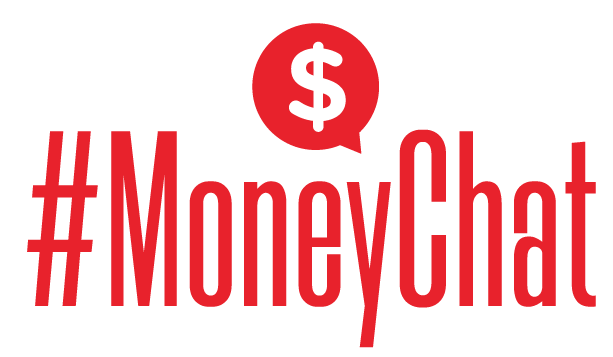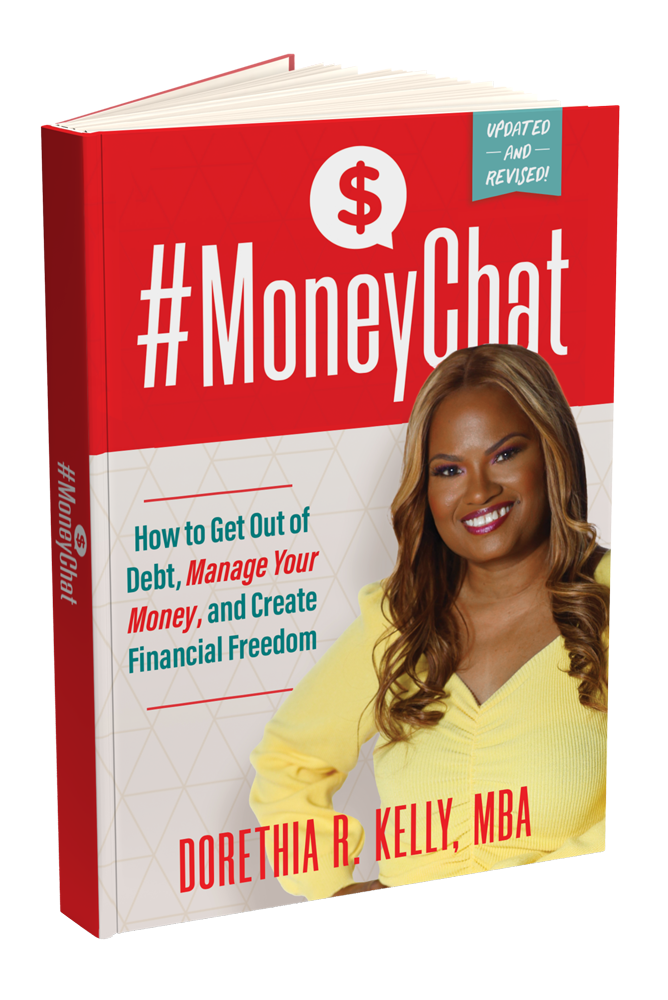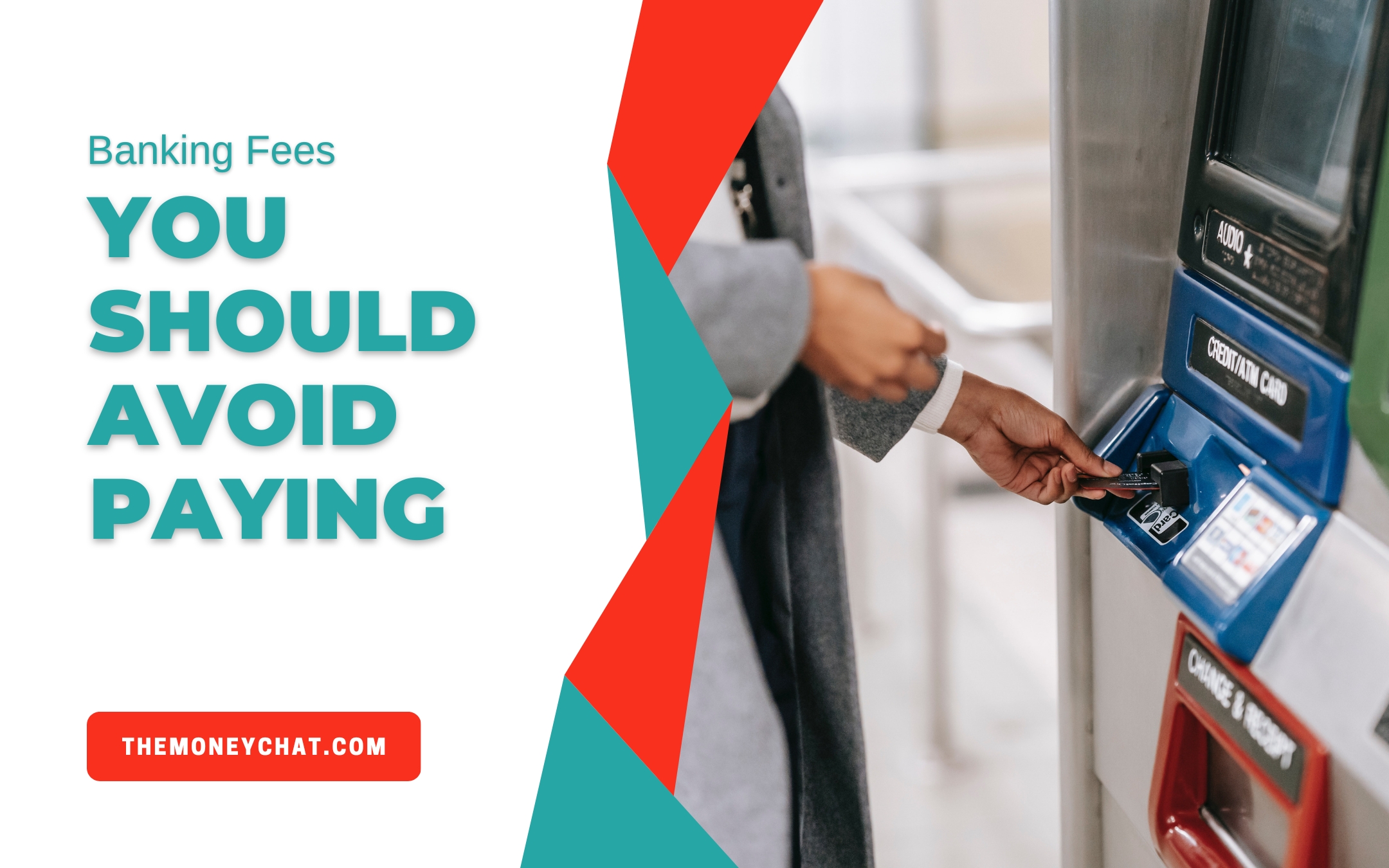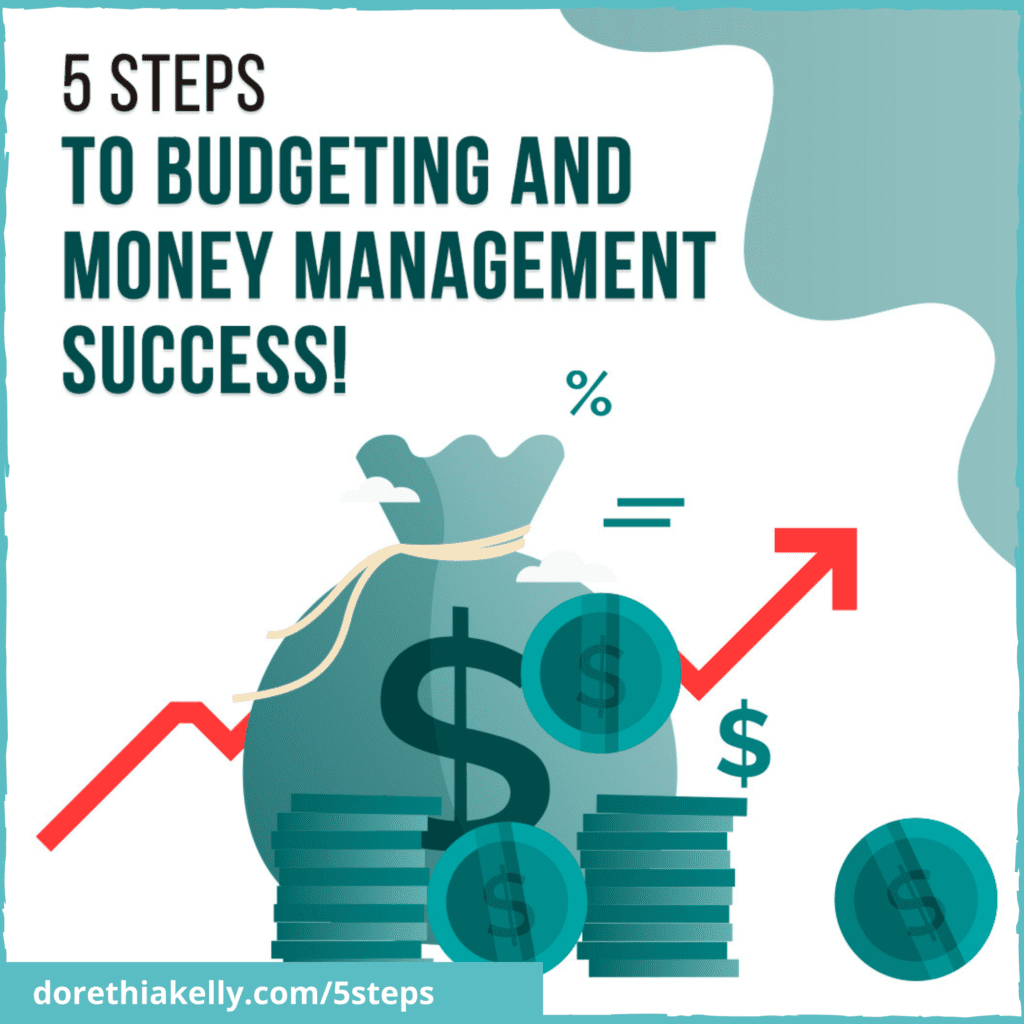Did you know that 1 in 4 Americans with a checking account are paying banking fees costing an average of $24 per month? That’s $288 per year which may not seem like much, but it’s actually a lot to spend on fees.
This money could probably be best used elsewhere in your budget. The good new is that there are many ways to avoid banking fees since many of them are unnecessary and add little to no value to the customer experience.
Check out these 5 banking fees you should know about and how to avoid them.
1. ATM Fees
One of the most common fees that banks charge is an ATM fee. This is a fee that you are charged for using an ATM that is not affiliated with your bank. For example, if you have a Bank of America account and use an ATM that is not owned by Bank of America, you may be charged a fee. These fees can range from $2 to $5 per transaction, so it is important to avoid them if possible.
Avoid ATM fees by only using in-network ATMs. You can use your bank’s ATM for free so make the effort to stop by one of your bank’s branches whenever you’re out instead of just going to any ATM. Also, your bank may have a list of in-network fee-free ATMs for you to access on their website or in the mobile app.
Some banks even have a map feature on their mobile app that lets you find the nearest fee-free ATM no matter where you are. Finally, consider getting cash back when you’re at the store to avoid these banking fees. If you know you need to take out cash later, just request cash back when you’re buying groceries or other things you may need.
2. Monthly Maintenance Fees
Another common fee that banks charge is a monthly maintenance fee. This is a fee that is charged for simply having an account with the bank. These fees can range from $3 to $10 per month, so it is important to check with your bank to see if they charge this type of fee.
If they do, you may want to consider switching to a different bank to save money. Monthly maintenance fees don’t really do anything for the customer, so it’s best to avoid this fee altogether. Plenty of banks offer checking accounts that don’t charge a monthly fee. To get rid of this fee, start by asking your bank if they can waive it or switch you to another account that doesn’t charge a monthly fee. If you have a second chance account or another type of special checking account, these typically come with monthly fees.
Also, realize that you may not be meeting the requirements to avoid the monthly maintenance fee. For example, maybe your account requires you to keep an average balance of $500 OR have at least one direct deposit transfer every 30 days. If you do neither of these things, you’ll be charged a $10 fee. In this case, you can avoid the monthly maintenance fee simply by setting up direct deposit with your job or maintaining the minimum balance requirement.
3. Overdraft Fees
Overdraft fees are fees that are charged when you spend more money than you have in your account. For example, if you have $100 in your account and you spend $105, your bank may charge you a $35 overdraft fee.
This can be a very costly mistake, since overdraft fees are one of the most expensive type of banking fees. To avoid this, you can ask to set up daily or weekly balance reminders through your bank. Checking your account balance regularly is a wise financial practice. Still, accidents and miscalculations can happen so ask your bank if they offer any overdraft protection.
Some banks allow you to overdraft by a certain amount, say $100 maximum, and they deduct the amount you overspent from your next paycheck if you have direct deposit. Other banks have an overdraft protection program where you can pay a certain amount in advance that the bank can use to cover your overdraft amount. Finally, a few banks, including online banks, may just deny your purchase altogether if it exceeds your balance amount so you won’t get charged an overdraft fee.
4. Foreign Transaction Fees
Foreign transaction fees are fees that are charged when you make a purchase in a foreign currency. For example, if you are traveling in Europe and make a purchase in Euros, your bank may charge you a 3% foreign transaction fee. This can add up quickly, so it is important to be aware of these fees before making any purchases in a foreign currency.
It’s better to avoid using your debit card altogether depending on the country you’ll be visiting. Instead, consider a credit card that has no foreign transaction fees or another fee-free method of payment.
5. Paper Statement Fees
Some banks still charge paper statement fees, which are fees that are charged for receiving paper statements instead of electronic statements. These fees can range from $2 to $5 per month, so it is important to check with your bank to see if they charge this type of fee. If they do, you may want to consider switching to electronic statements to avoid this fee.
Switching to paperless statements allows you to view your statement online and print it out if needed.
Start Eliminating These Banking Fees
Banking fees are sneaky charges that you may not even realize you’re paying. Check your previous statements to see if you were charged any fees, then determine how you’ll avoid paying them in the future. You’ll also want to develop a game plan to avoid fees like ATM and overdraft charges in advance.













0 Comments